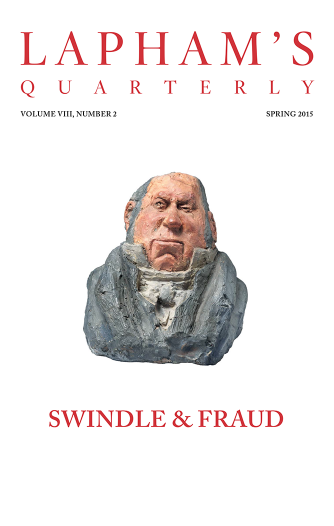When the planets
In evil mixture to disorder wander,
What plagues and what portents, what mutiny,
What raging of the sea, shaking of earth,
Commotion in the winds, frights, changes, horrors,
Divert and crack, rend and deracinate
The unity and married calm of states
Quite from their fixure? O, when degree is shaked,
Which is the ladder of all high designs,
The enterprise is sick. How could communities,
Degrees in schools, and brotherhoods in cities,
Peaceful commerce from dividable shores,
The primogenity and due of birth,
Prerogative of age, crowns, scepters, laurels,
But by degree, stand in authentic place?
Take but degree away, untune that string,
And hark what discord follows. Each thing meets
In mere oppugnancy. The bounded waters
Should lift their bosoms higher than the shores
And make a sop of all this solid globe;
Strength should be lord of imbecility,
And the rude son should strike his father dead;
Force should be right; or rather right and wrong,
Between whose endless jar justice resides,
Should lose their names, and so should justice too.
Then everything include itself in power,
Power into will, will into appetite;
And appetite, an universal wolf,
So doubly seconded with will and power,
Must make perforce an universal prey
And last eat up himself.
From Troilus and Cressida. Considered one of Shakespeare’s “problem plays” because of its frequent shifts between comedy and tragedy, the play is based partly on Geoffrey Chaucer’s Troilus and Criseyde, which in turn was based on a poem by Giovanni Boccaccio. “In its puzzling, irresolute quality,” writes Shakespeare scholar Marjorie Garber, “its movement back and forth from comedy to cynicism…and its failure to generate any action at all until the final scenes,” the play “might almost have been written by Hamlet.”
Back to Issue

